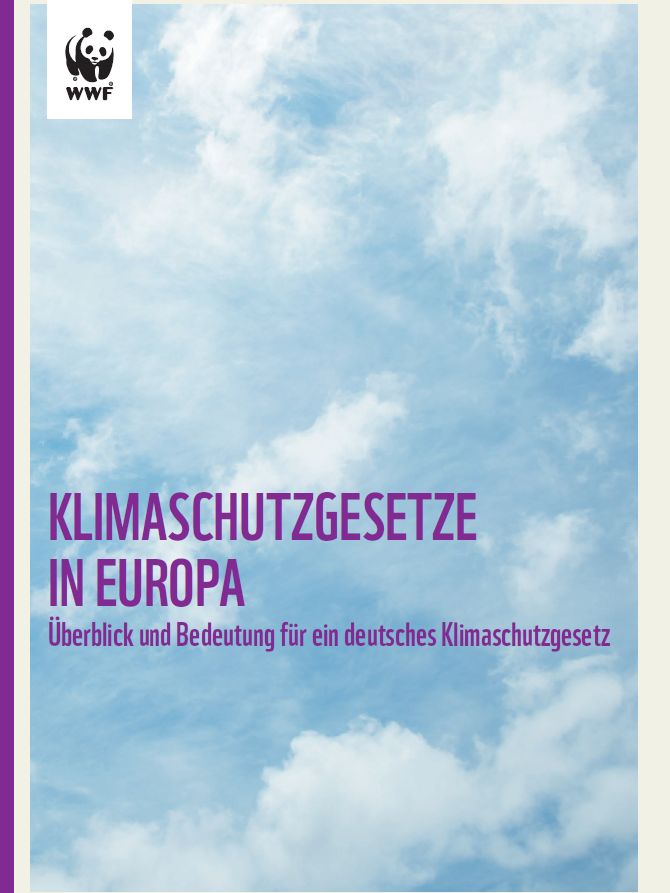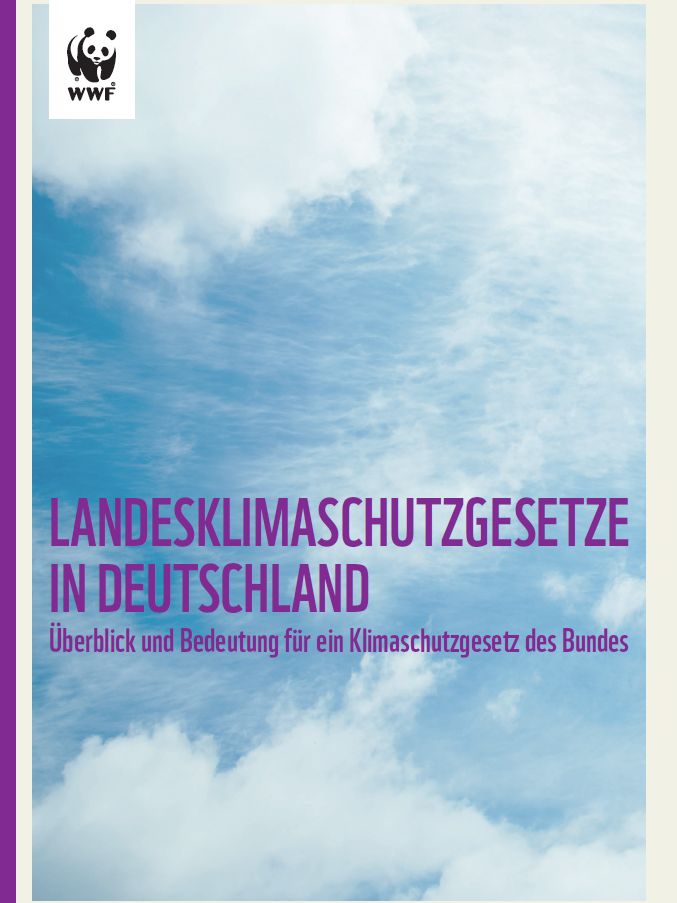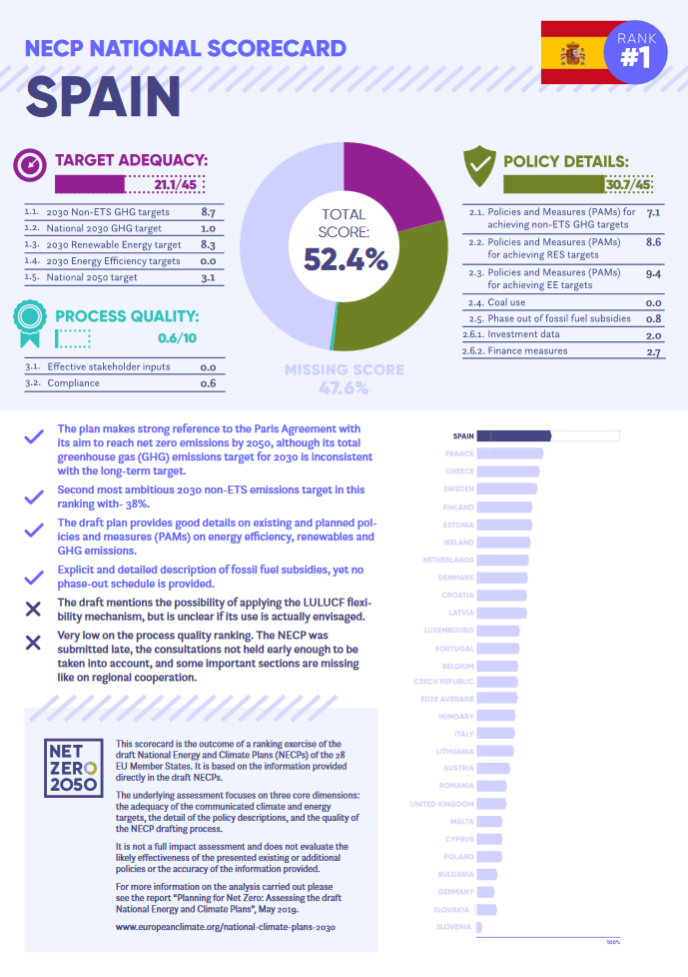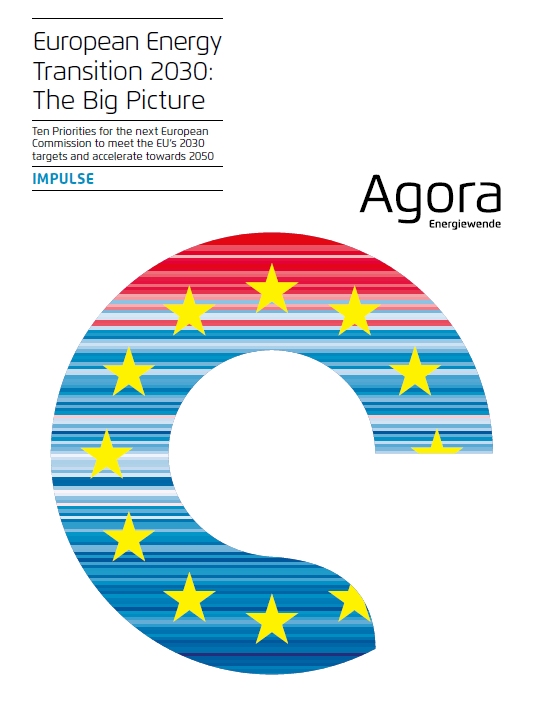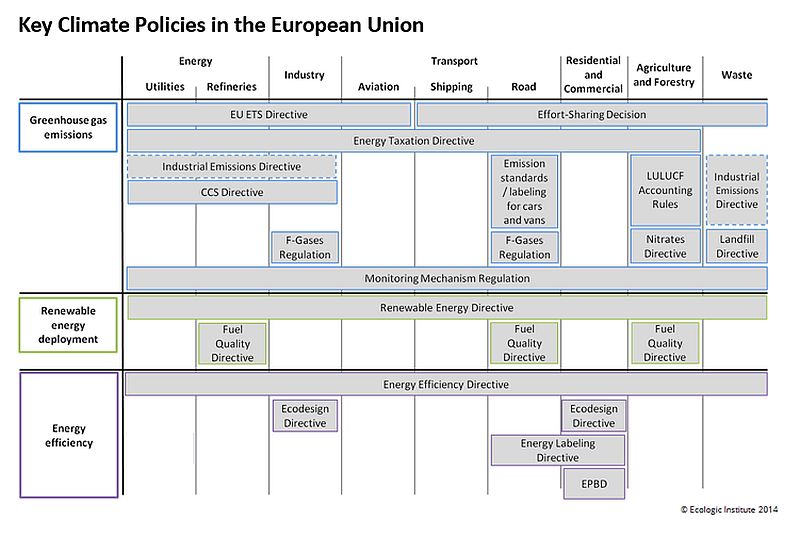
Governing for 2050: Climate framework laws in the EU, the US and beyond
- Event
- Date
-
- Location
- online
- Speaker
Policy-makers around the world are facing a significant challenge in the context of the climate crisis: how can they manage to trigger and monitor the transformation to a climate-friendly economy in the space of a few decades? The Paris Agreement has reinforced the need for smart and effective ways to organize climate action: shorter term policies and targets need to be connected to and informed by the long-term temperature goals as the direction all policies point towards.
To this end, governments around the world have started adopting climate governance framework laws. Although they take many forms, these legal frameworks have several common functions. Essentially, they define the tools to plan and monitor actions and clarify who is doing what inside government – and also if, when and how external actors are involved.
In this EFEX webinar, Michael Mehling, Deputy Director of the Center for Energy and Environmental Policy Research at MIT, and Matthias Duwe, Head Climate at Ecologic Institute, discussed the state of play of climate framework laws, drawing on specific examples from the EU and the sub-national level in the US and experiences in other parts of the world. The webinar was moderated by Arne Riedel, a Fellow and legal expert at Ecologic Institute.
The Energy Future Exchange (EFEX) project is a joint initiative by Ecologic Institute Berlin, Ecologic Institute US and ACEEE funded in part by the EU Delegation to the US, with the goal of supporting and promoting transatlantic dialogue among civil society on issues vital to the EU-US relationship. More information can be found at energyfuturex.org and on Instagram @energyfuturex.







